Conversation: Building Knowledge Through Project-Based Learning
One could reasonably cite the complexity of constructivist teaching and learning as a reason to default to more traditional teaching methods.
One could reasonably cite the complexity of constructivist teaching and learning as a reason to default to more traditional teaching methods.
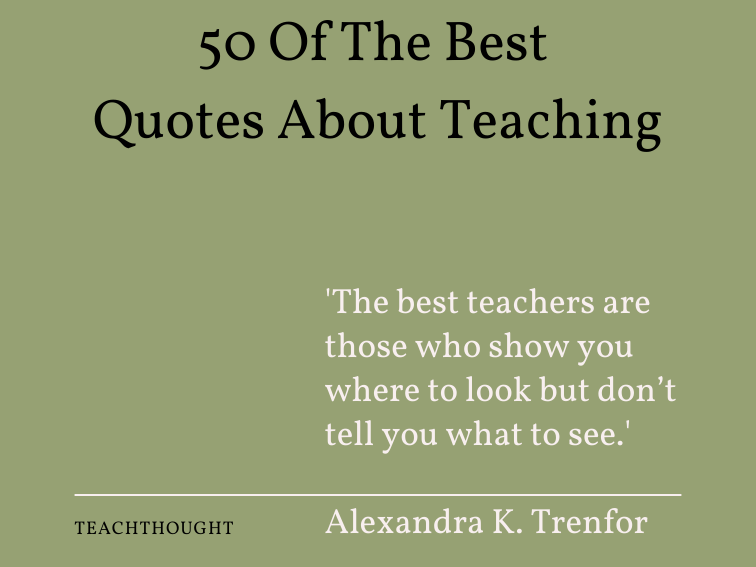
‘Education is not the filling of a pot but the lighting of a fire.’ –W.B. Yeats
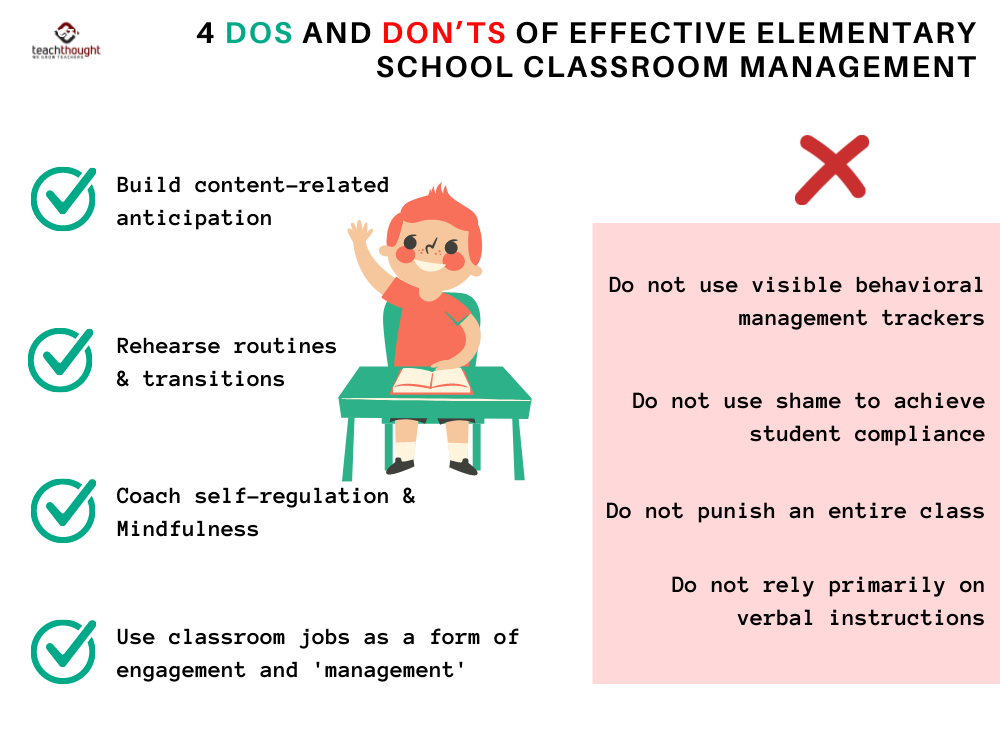
Effective elementary classroom management involves maintaining a balance between promoting convergent and divergent thinking and behavior.
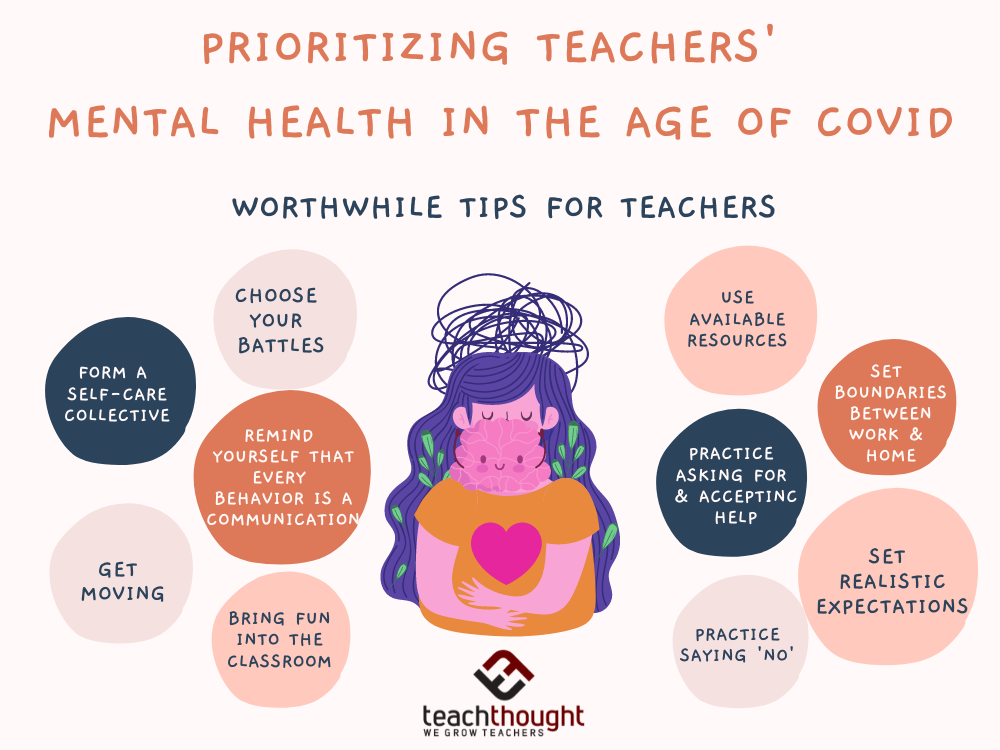
We can’t control everything and apologizing for things out of our control can set unrealistic expectations of teachers.
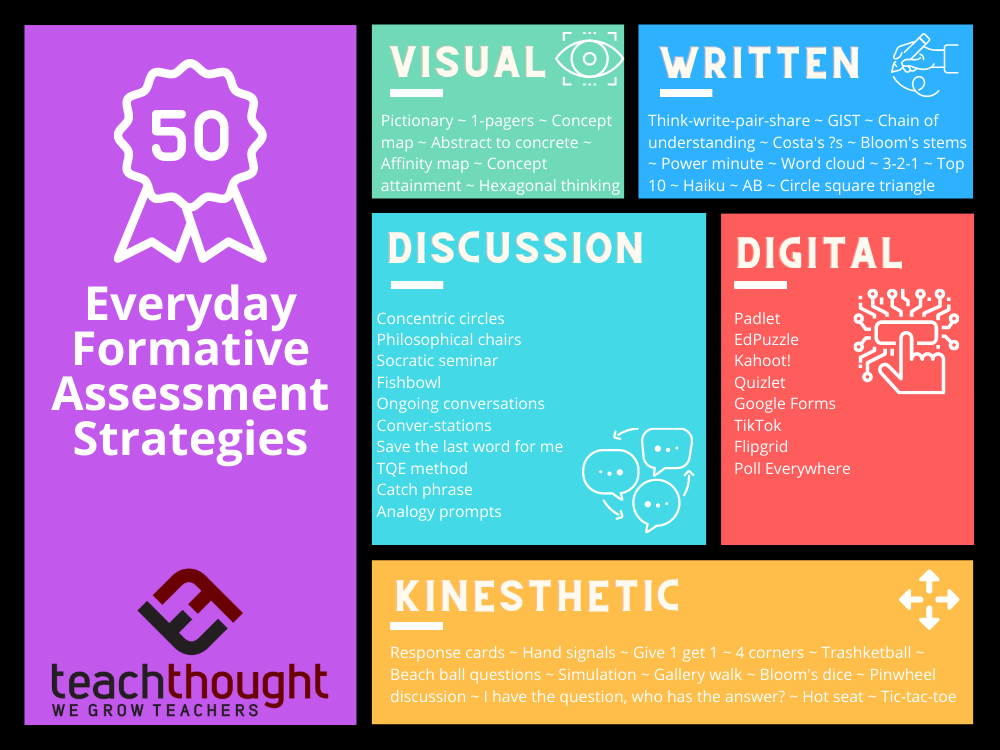
Formative assessment strategies matter. Like a chef checks a dish for taste, teachers must make frequent, targeted checks for understanding.
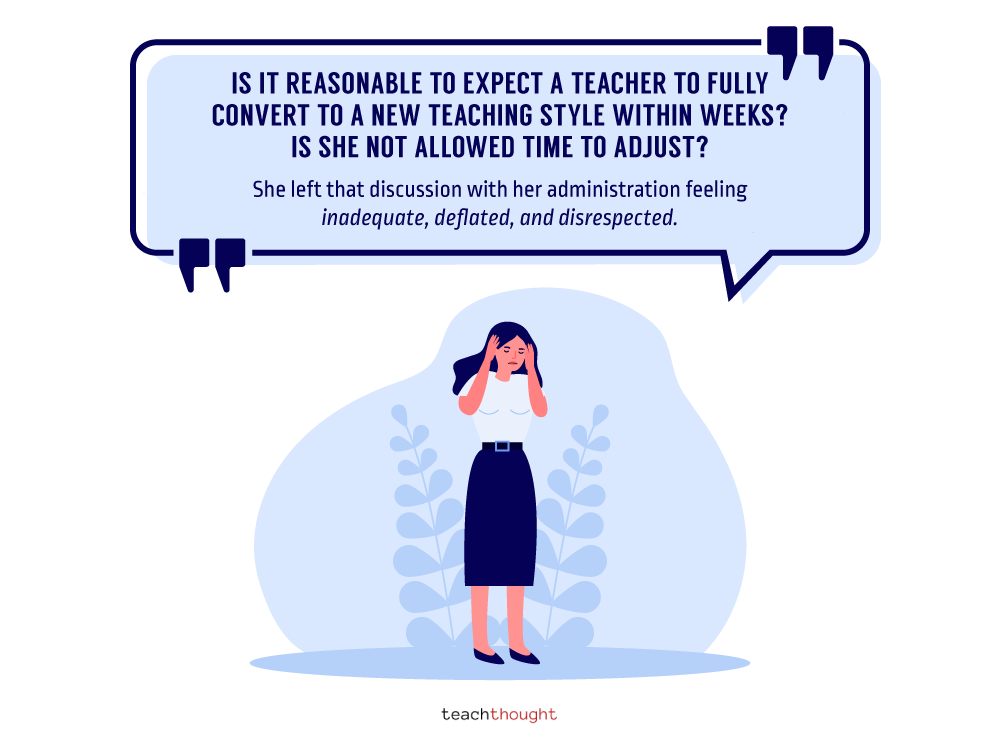
The push is to do more, do it faster, improve the student’s grades and, more importantly, their standardized test scores.
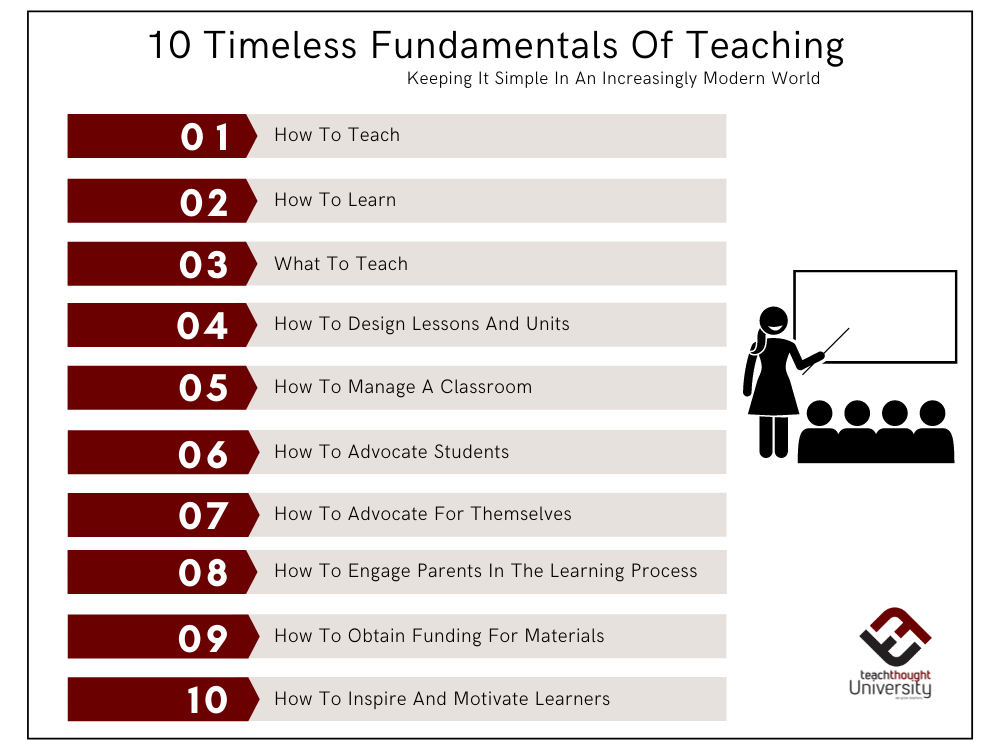
Here is a look at the essential teaching fundamentals to learn before entering the classroom, ranked in order of importance.
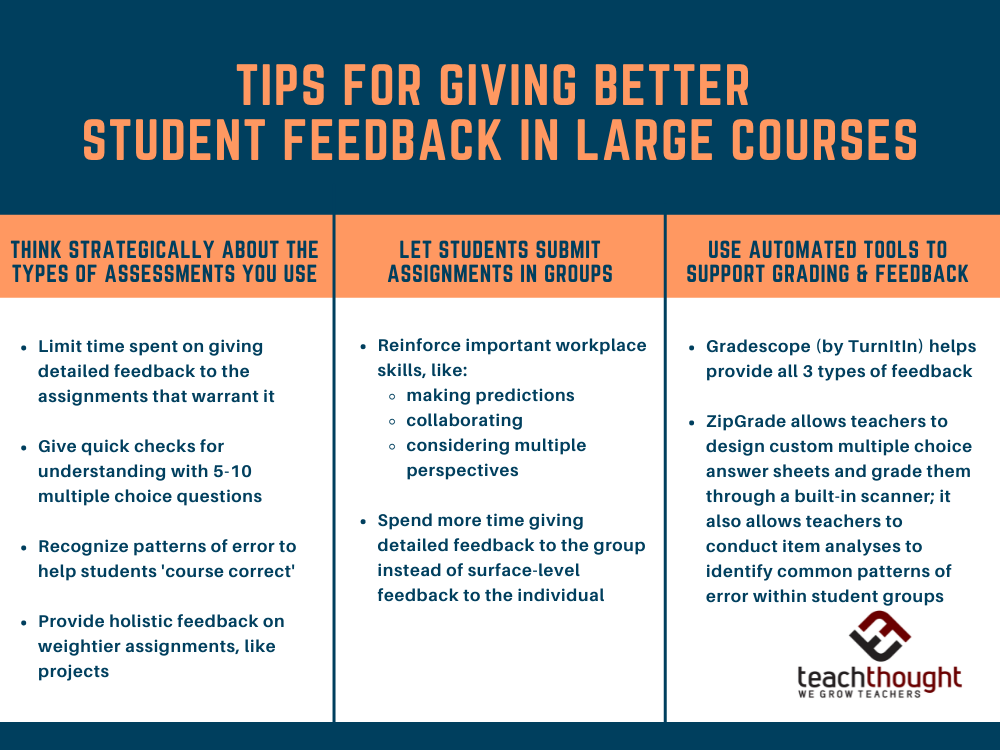
Although giving better student feedback in a large classroom can be challenging, it’s possible to do so without sacrificing substance.
‘Personalized learning’ can often seem synonymous with ‘time-consuming’ and ‘overwhelming,’ but it doesn’t have to be that way.
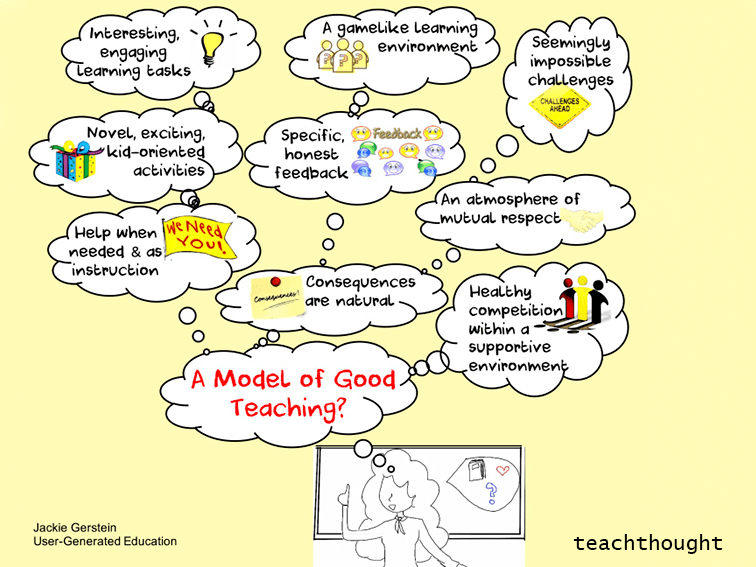
There are elements of play, leveling up, and a sense of mastery or achievement upon accomplishing each challenge.
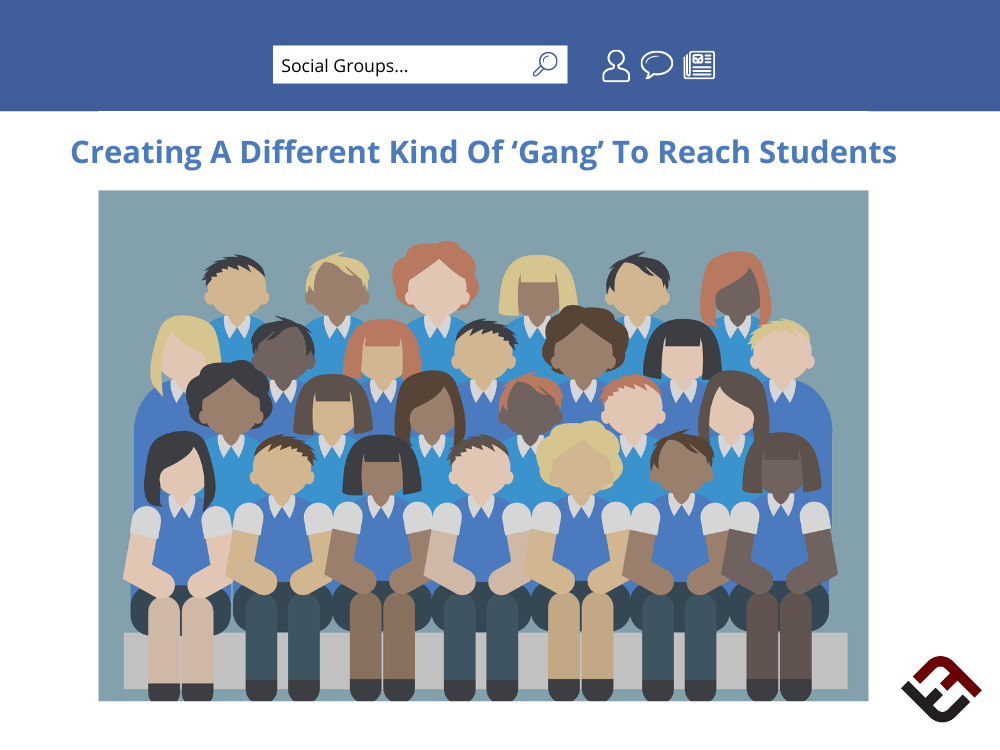
More authentic and diverse in-school social groups can engage challenging, hard-to-reach students in powerful ways.
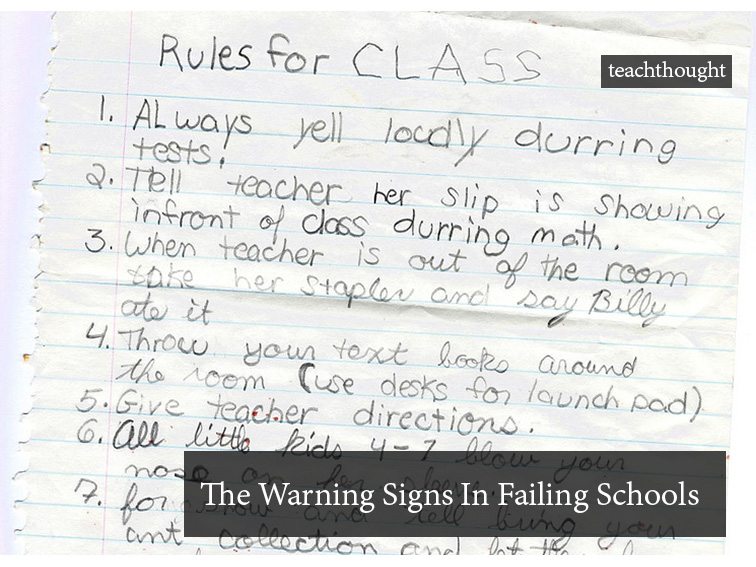
From low expectations to a lack of student engagement, the warning signs of a failing school aren’t difficult to discern.
End of content
End of content